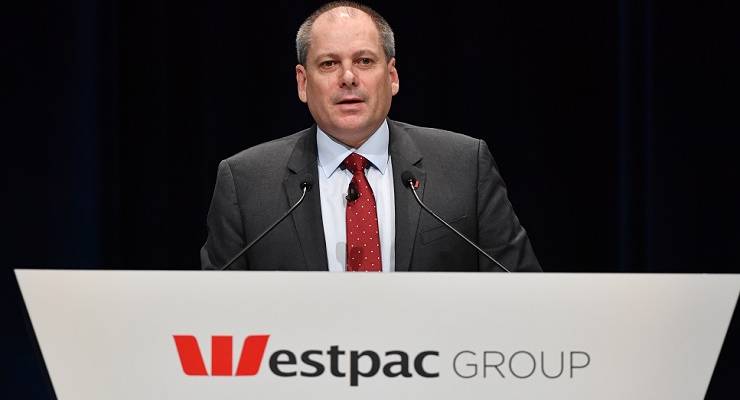
Despite successful efforts at media management by Westpac, this week showed us that the Hayne royal commission left some major problems untouched: the governance and cultural problems at the heart of the way our financial giants were run.
Yesterday, the primary banking regulator, the Australian Prudential Regulation Authority (APRA), delivered a stunning rebuke of Westpac that should be the biggest business story of the week.
Westpac has been compelled to enter into an Enforceable Undertaking with APRA to “lift substantially its efforts to address risk governance deficiencies”. It “comes after APRA expressed concerns with the bank’s progress in remediating weaknesses including an immature and reactive risk culture, unclear accountabilities, capability shortfalls, and inadequate oversight.”
APRA’s assessment of Westpac’s governance is littered with scathing commentary: “high execution risk”; “new risk governance issues have continued to emerge”; “long-standing weaknesses remain unaddressed, and have contributed to new prudential issues”; “weak execution was a key root cause of the bank’s risk governance issues”; “failed to deliver the expected risk governance improvements despite almost two years of remediation.”
“Long-standing weaknesses” was repeated later in the release by APRA.
APRA deputy chair John Lonsdale said “as one of the country’s largest and most important financial institutions, Westpac should be a leader in risk management. Although the bank has made progress in some areas over the past year, it is not good enough”.
But almost unbelievably, this was the second time in a week APRA gave the bank a kicking, after it imposed independent oversight of the bank’s liquidity reporting after finding breaches of APRA’s liquidity standards by the bank.
It’s been a very long time since a major financial group, let alone a bank and one of the country’s supposed blue chips, has been the subject of two separate actions by a key regulator — and on two serious matters — in such a short time.
Westpac tried to manage the story by pre-empting it with a release to the ASX on Tuesday admitting that APRA had found it has “an immature and reactive risk culture” among other problems and that it was about to enter an enforceable undertaking.
This seemed to work with investors (Westpac shares hardly moved this week) and business media — the Financial Review was more interested in repeating its incessant calls for industrial relations reform than investigating such a staggering failing.
This is all more than two years after Westpac carried out a review of its culture and governance that identified “major shortcomings” and nearly two years since the bank “mobilised” a plan to implement the 45 recommendations of the review.
In June this year, the bank admitted that “important aspects of Westpac’s non-financial risk culture have been immature and reactive … the shortcomings identified in the 2018 self-assessment were serious … important changes have been implemented since, but the change has been incremental and the CGA program as a whole has not delivered sufficient momentum”.
APRA has explicitly advised Westpac directors of its expectations “that the magnitude of improvements that Westpac needs to deliver requires a deep commitment to change at all levels across the organisation”.
That the country’s second biggest bank, after the royal commission and the sickening money laundering revelations that cost CEO Brian Hartzer and chair Lindsay Maxsted their positions, is still failing to address major governance problems dating back years is a stunning indictment of a major company board.
Westpac’s money laundering fine of $1.3 billion and $1 billion capital add-on to its operational risk capital requirement imposed in relation to money laundering will now be joined by a requirement for a 10% add-on to its net cash outflow component of its liquidity coverage calculation. In short, until third-party auditors are satisfied with how Westpac is reporting its liquidity, APRA will force it to set aside more cash.
At what point, if ever, will Westpac directors actually start doing the job they are remunerated so handsomely to do?









Good governance appears to becoming an old fashioned idea of the past. When we have a Federal Government that is averse to good governance then banks and other big institutions can get away with all manner of unethical and corrupt behaviour
Nothing while the Treasurer keeps supporting the Big institutions and asking for more relaxation on lending practices!!!
Wait till you fall behind on a repayment – suddenly Westpac becomes super efficient
The reason it’s kept out of the main media is because the owners of said media outlets have a financial interest in WestPac and its dealings & they don’t want them to be aired to the public. Our democracy is fading fast.
Thank God (which ever you may follow) we have CRIKEY!!!
All very highly paid board members. Unbelievable! Any other employee would be applying for jobseeker!!